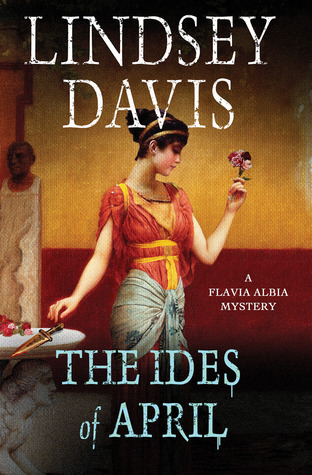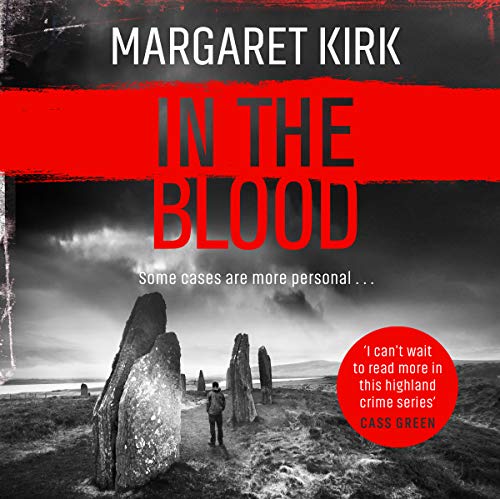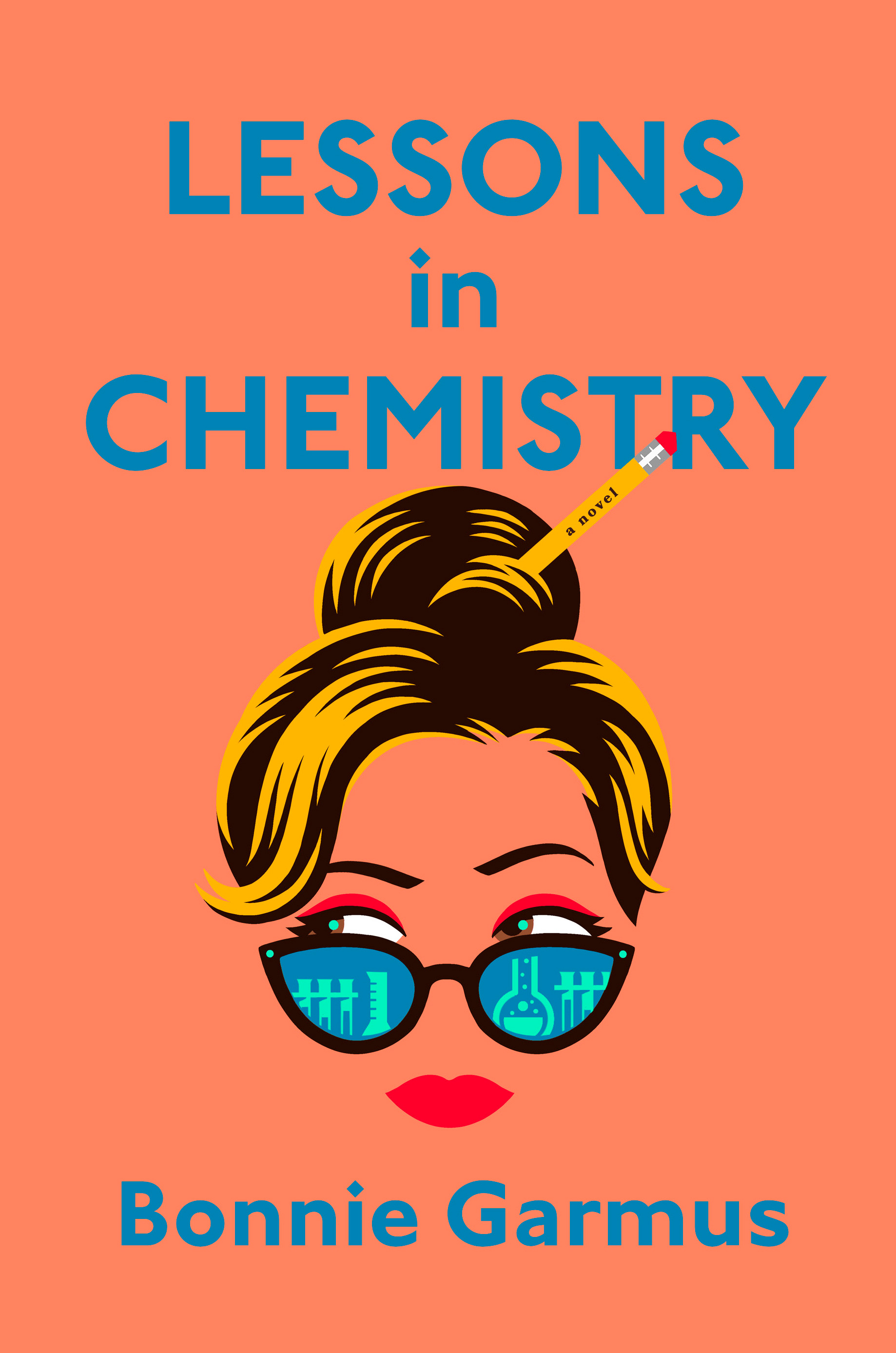It's been quite a busy month, by the look of it! Some cracking books here.

Masterworks: This is a fairly erudite collection of longer short stories
(if you see what I mean) inspired by works of art, all with a historical setting, some of them quite
unusual in my reading of historical fiction – for example, 1620 Bohemia, one of
my favourites from which I learned a lot. The quality is mostly high
throughout. I enjoyed the story of George Romney and Emma Hart, though the
conversation was rather anachronistic and Sir William Hamilton is not the same
as Lord Hamilton. Another one had some French that had become rather lost in
translation, perhaps. Gareth Williams’ evocative piece written through the
person of the Chandos portait of Shakespeare was absolutely terrific and
thought-provoking. On the whole a very interesting and informative collection.

Anna Faversham, One Stolen Kiss and Other Stories: A lovely little
collection of very different short stories, each with a charm of its own. My
favourite one might be the drabble featuring Charles Dickens, but really, it
was quite difficult to choose. One story is connected with the author’s full
length books, so is a good little introduction to those. It's possible she had me at the cat.

Rob Rinder, The Trial: I had never heard of Rinder until he appeared on
Strictly, and had few expectations of this book. But as it turned out I enjoyed
it very much – well plotted, good characters, and with the technicalities of
the legal system observed but not over-explained. It doesn't abide by the Fair Play Rule but it's close.

Veronica Heley, Murder at the Altar: I thoroughly enjoyed this cosy
mystery featuring a new widow coming to terms with the virtues and failings of
her late husband, as well as their awful daughter and his terrible aunt. Ellie
is a good character to spend time with, and I hope there are more in this
series soon.

Veronica Heley, Murder by Poison Pen: A good follow-up with some of the same characters already in action when we start. Ellie is still being tormented by her husband’s aunt and her own daughter, horrible characters, and is accused of seeking solace in the company of men – but which men? Her changing relationship with the aunt is very amusing. This was just as much fun as the first one, but disappointingly ended at 93% in the ebook.

Patricia Finney or P.F. Chisholm, A Taste of Witchcraft: Sir Robert’s
love, Elizabeth Widdrington, has been accused of witchcraft by her horrible husband,
and Robin, though he knows it’s more than likely a trap, is determined to
rescue her. There is more to the witchcraft charge than meets the eye, and this
is another rollicking adventure of border reivers, conspiracy, tragedy and
humour. I hadn’t read one of these for a good while, and thoroughly enjoyed it.

J.D. Kirk, Where the Pieces Lie: the usual entertaining mixture of hilarity,
gore and emotion.

David Gatward, The Dark Hours: An interesting set-up, with the victim
the tutor on a residential weekend for people wanting to learn to be private
investigators – needless to say, the participants on the course are not all
that they seem. There’s a subplot about a young lad who flees his awful father
and goes missing in the snow, to be sought by Mountain Rescue. All very
entertaining, with a good atmosphere.

David Gatward, Silent Ruin: I like the way some of the side plots
overflow from book to book, though sometimes it makes it hard to remember what
bit occurred in what book. Here we have a pair of missing teenagers and some
peculiar activity in a ruined castle, along with the hare coursing we met in
the previous book (I think!). The team continues to grow and develop – of course
I have a soft spot for Jadyn but I particularly like Gordy and Anna. Not so keen
on some of the creeping American spellings, though. And I wanted some serious
come-uppance for the couple who invaded the house!

Rhys Evans, A Mark of Imperfection: At last we have a plot featuring the
awful Geoghans, who have been flagged up in several books as wanting their
revenge on Evan Warlow. Hindering progress is the dreadful KFC or Kelvin
Caldwell, never a fan of Evan’s, and a problem with Evan’s beloved dog Cadi.

Catriona McPherson, Dandy Gilver and a Most Misleading Habit: I was stuck in Perth for a couple of extra
hours and made my way to the A.K. Bell Library to find a comfy seat and take
this off the shelf. I hadn’t read one of them for ages, and had forgotten how
much I enjoyed them, so that when I had to leave the library at closing time I
made sure I had the Kindle version pretty snappily when I came home. Set in a
convent orphanage and a home for mental cases on a bleak moor, this is a great
read and made me rush on to find another one in the series I hadn’t read.

Catriona McPherson, Dandy Gilver and a Deadly Measure of Brimstone: Lots of fun here, too,
with Dandy and her family arriving at a spa hotel to find out what happened to
a previous guest. The family and the investigation become tangled with some
pretty gruesome incidents and a large party of mediums before we reach our conclusion.
I love Dandy’s narrative and her blindness to some things, and Alec is of
course lovely.

Catriona McPherson, Dandy Gilver and an Unsuitable Day for a Murder: I enjoyed this but for much of the plot had no real
idea who was who in the multi-generational Aitken and Hepburn families, warring
over the customers of Dunfermline. The best bit by far is the unexpectedly
heroic arrival of Dandy’s mostly-despised husband Hugh at the police station to
rescue her, which almost brought tears to my eyes.

Catriona McPherson, Dandy Gilver and the Unpleasantness in the Ballroom: This is better than
the above book, much clearer, with some nasty characters in need of a come-uppance.
I’m not sure that her Victor Silvester character is based on the real Victor Silvester,
who was rather interesting, but any fan of Strictly will find this at the very
least a historical curiosity.

Julie Adams, Into the Woods: This feels very like a convoluted family
saga for a long time, until it starts remembering it’s a murder mystery of sorts
and the pace increases. The narrative is told by various different characters
and the plot is full of extraordinary coincidences and a few anachronisms, but
in the end is fairly satisfying.

Helen Dunmore, Exposure: It took me a long time to get into this book where bad things happen to good people who can't seem to help themselves, and there appears to be no hope. But it is very well written and observed, the characters deeply drawn, and at last it drew me in. A Cold War spy plot, on the surface, but so much less and more.

Jeanette Winterson, The Gap of Time: This modern retelling of A Winter’s
Tale is a really rewarding and absorbing read, with a summary of the original
plot at the beginning and a reflection on the retelling at the end. It felt as
all-encompassing as Shakespeare, as ambiguous and as satisfying. I’m delighted
to have read it.

Allan Gaw, The Silent House of Sleep: This features a
Scottish pathologist in London in the aftermath of the First World War, damaged
by his experiences but noted as the most rigorous pathologist available. Here he’s
investigating the discovery of a pair of corpses discovered in a most
unsettling position while the police come to terms with his expertise and his
assistant tries to help. I did find the frequent use of figures rather than written
numbers a bit annoying (15 for fifteen) but the atmosphere was good, evoking
the period tremendously well, both the trenches and the London police
procedural.

Leon Stevens, The View from Here: A strange book, where an older man and
a younger woman make an appealing team as they venture into a strange world
through a hole in our own, and try to work out how it fits together. It’s
intriguing and confusing, and as the start of a series it certainly piques the
curiosity.

Jason Vail, There was a Crooked Man: I do like this series except on the
occasions when it (a) gets too political or (b) gets too American. Here it
works very well, and the book is fast-paced and entertaining.





































